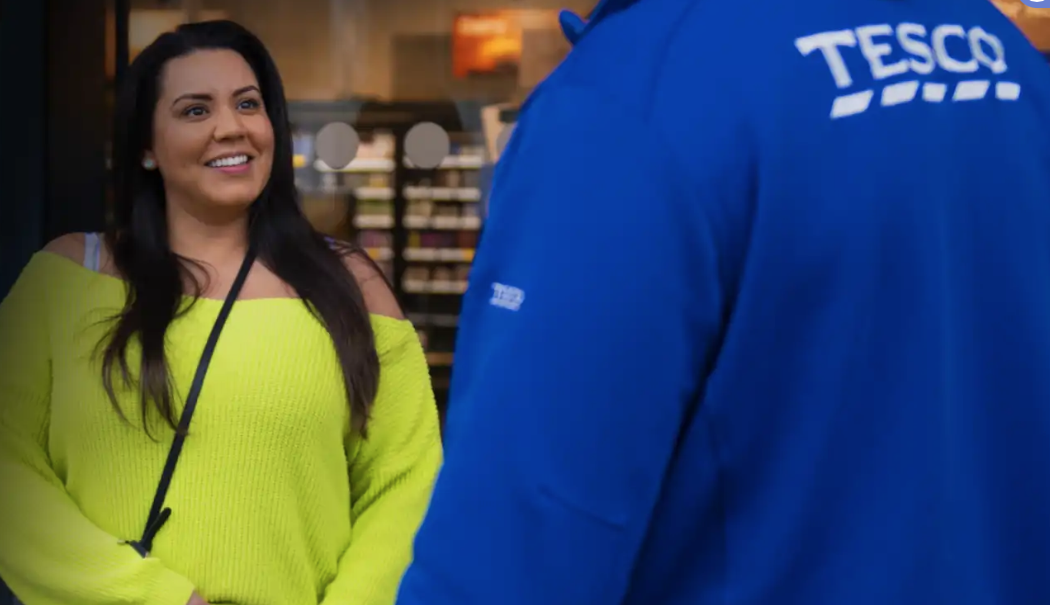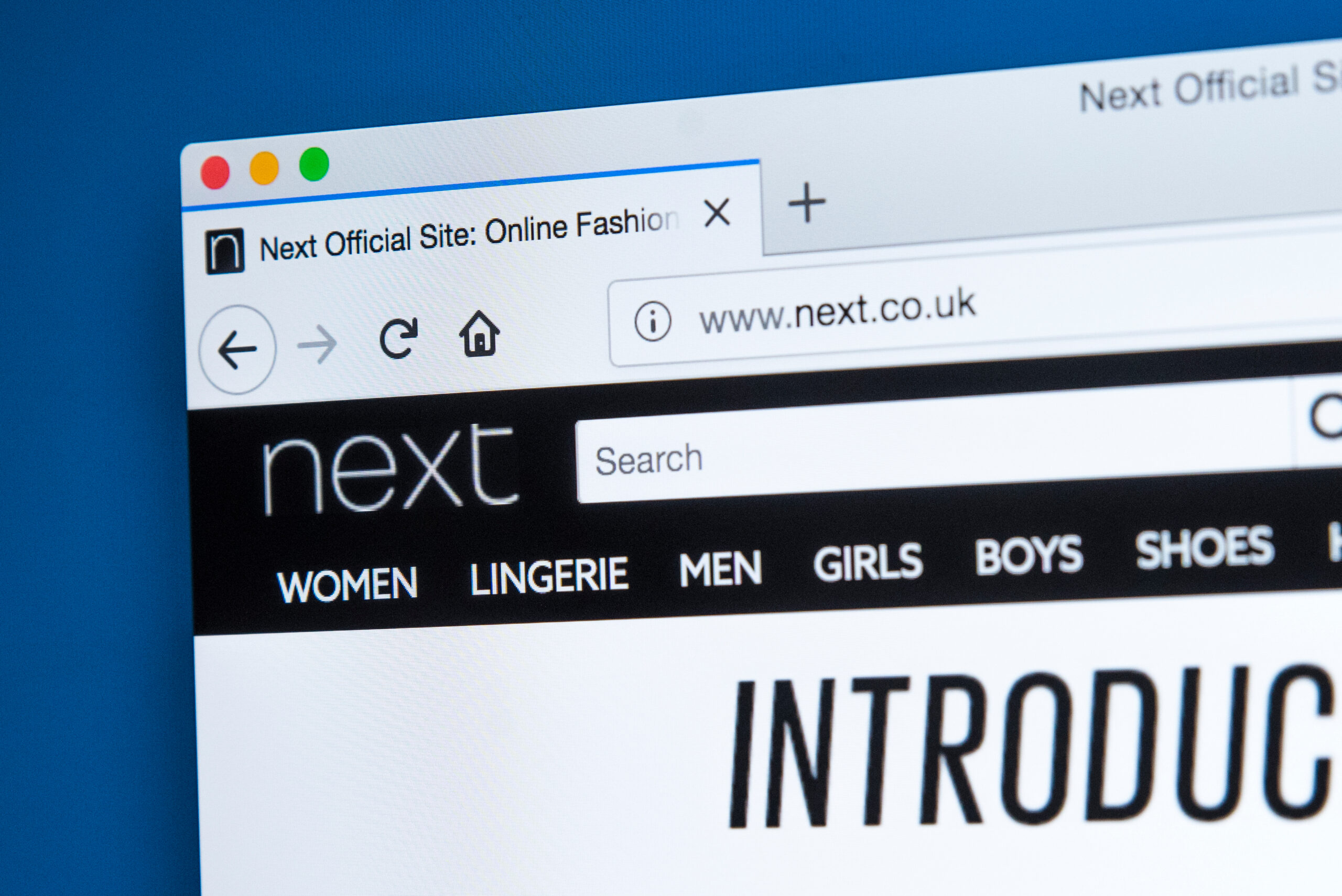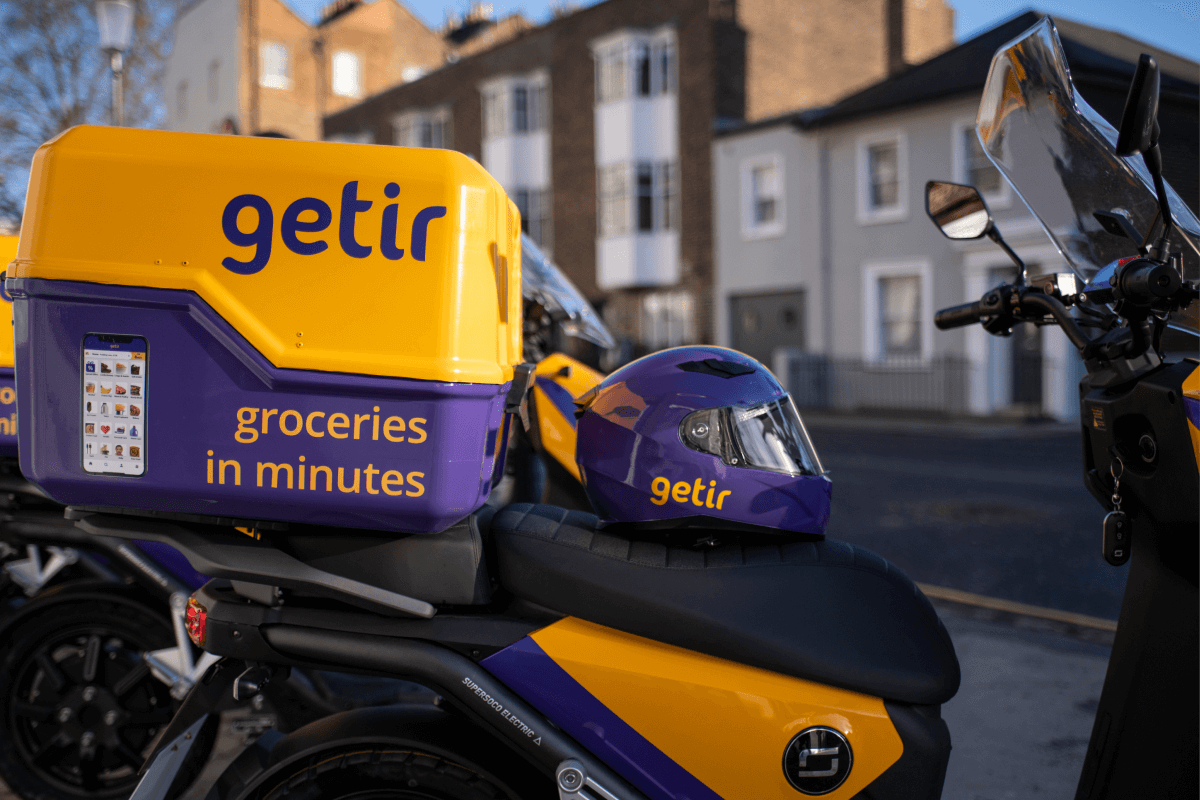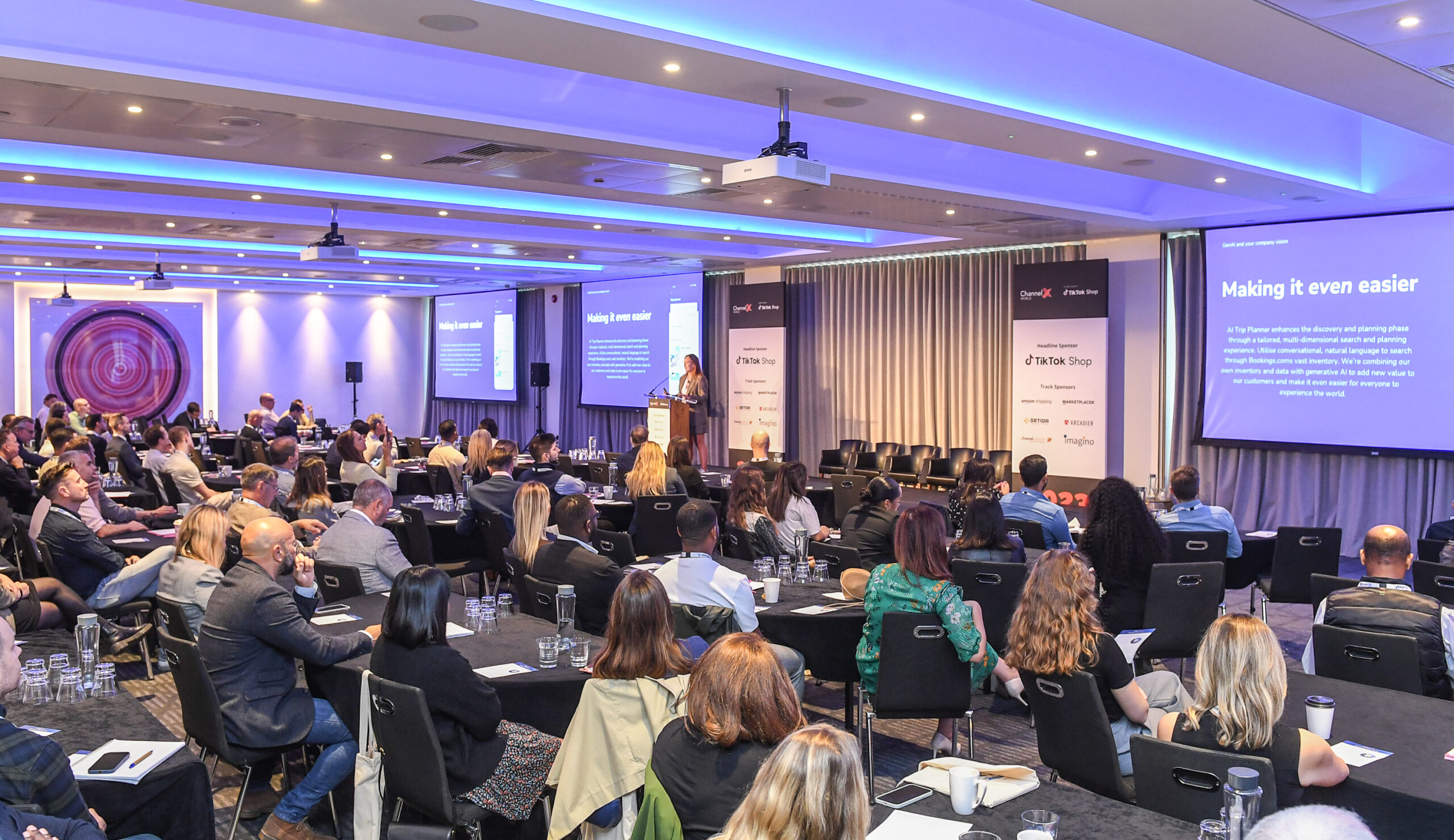We’re looking ahead to IRC 2019 in a series of interviews and previews. Today we hear from Henry Eccles, head of UK commerce, global partnerships EMEA, at Google.
InternetRetailing: At IRC 2019 you’re speaking on a panel about assessing the real power of the customer, online retailer and media owner. Which of these do you think has the most power in the relationship, and why?
Henry Eccles: Broadly I think they are all equitable partners, though the centre of the universe is always the consumer, so if you had to push me I’d say the consumer is the most powerful.
IR: How does Google fit into that?
HE: I think the thing that we observe is that retailers are media owners in their own right. Throughout history the relationships between manufacturer/suppliers and retailers has likely ranged anywhere between loving, strained through to no relationship at all. It’s digitally these days where retailers have the most valuable inventory but often the least developed media solutions for manufacturers. I think this is the area where Google can offer some value is we’re in the business of providing digital marketing technology which can help retailers and manufacturers alike. The extent to which we can help retailers deliver a greater degree of relevancy and accountability on campaigns both on retailer.com and elsewhere digitally is something that we think is additive to what’s generally available today. Offering transparency is something digital is great at doing. The same goes for targetability and delivering relevance.
Many retailers often show the same merchandising or ad slots to all consumers regardless of where they are in the purchase journey and regardless of what audience segment they might be in. Digital offers the targeting capabilities to do a much better job here and certainly offering supplier manufacturers a greater level of targeting in the digital retail environment will help driving relevancy and at the same time deliver transparency, targetability of campaigns, and just a better user experience.
The other thing I hope we’re able to do is reach into the long tail of supplier demand in a way that a retailer today might not necessarily be able or want to do with their suppliers. If you’re a large multicategory retailer you probably have excellent relationships with your main suppliers, but what’s the appetite or the best model to leverage the commercial relationships with the long tail of their supply list.
IR: What does the customer expect of that relationship?
HE: If you’re an end consumer and you’ve arrived on a consumer electronics website for example and you’ve just bought a new TV, don’t show me merchandising billboards for the exact same TV i just bought. Rather show me the accessories, or the sound bar that goes with that TV. Understanding who I am and tailoring the experience to my needs is something that all retailers should be doing. It’s an absolute missed opportunity if they’re not.
I think the consumer today just expects they’re going to get a tailored, personalised experience. More often than not today, save for a few digital first retailers, that’s not the case in the UK.
IR: Do you think consumers are prepared to give retailers and other intermediaries access to their data that’s required to give them that personalised, relevant experience?
HE: Pre-GDPR consumers have not had the same say in the data value exchange as they have today. I think it’s a really interesting question and one that we will see answered over the course of time. Delivering great personal experiences needs obviously to be opt in and consent driven
but needs also to fundamentally add value. If there’s no value-add to the consumer I can’t see many consumers wanting to play in a one-sided exchange. Europe’s leading the way in all of this and it certainly will be an interesting one to watch in the coming months and years.
IR: What one or two pieces of advice would you give to retailers looking to improve their presence in search – digital discoverability – in a way that fits with what customers want?
HE: I don’t think the fundamentals of discovery have really ever changed. Retailers and brands need to be where the consumers are. Search, social, point of sale – a good presence across the consumer journey is key. Generating talkatability, PR and advocacy, I don’t think anything’s fundamentally changed here either it is critical to get all these right if you are going to drive long term success. As consumer behaviour shifts brands and retailers need to evolve too; having a view and strategy for emerging ‘surfaces’ such as voice, assistants and smart displays will be important too.
IR: Aside from your own session, what are you most looking forward to at IRC 2019?
HE: Just being there and seeing everything else in the retail value chain. It’s always a good reminder to me just what a small part of the value chain l work on. I’m weirdly always fascinated in the smaller startups innovating in things such as packaging, typography and so on. I’ll also be curious to see who else is there and what they’re talking about.
Henry Eccles will be speaking on the closing keynote panel at IRC 2019. Assessing the real power of the customer, online retailer and media owner is at 17.15 on October 10.
IRC 2019 takes place on October 10 at the Business Design Centre in Islington, London. A full-price retailer delegate ticket costs £495, but as an InternetRetailing reader we can offer you 75% off full price tickets if you use discount code IRMSEB100 (for retailers only).






